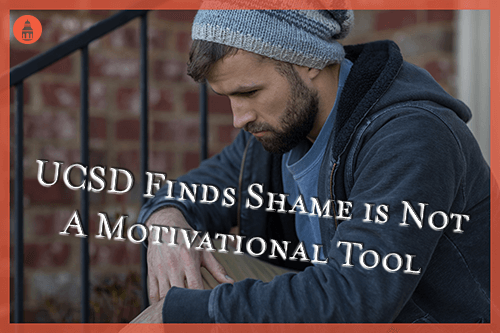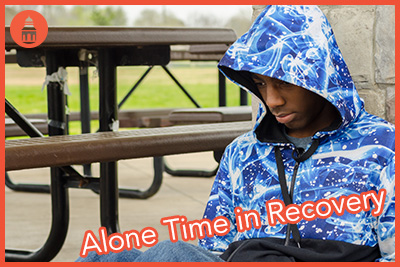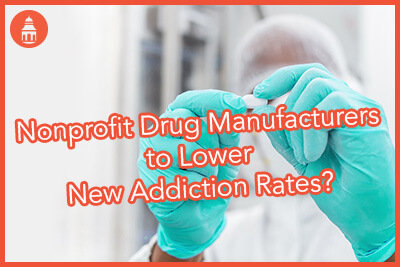
Does your doctor shame you for the lifestyle choices you make that are less than healthy? Does it make you want to skip the next appointment or lie to your doctor in the future? If so, you’re not alone.
A new study out of the University of California San Diego (UCSD) found that about half of all patients had experienced an interaction with a doctor that left them feeling ashamed. The feeling was so uncomfortable that many decided to avoid the risk of going through it again and skipped going to the doctor at all. Others chose instead to seek out medical care when it was needed, but opted to lie when answering questions that they felt would elicit a negative response. In some cases, when the shaming was related to a medical diagnosis or disorder, study participants reported hiding their medical issues from those who were closest to them.
Even the study participants who did not perceive the shaming they experienced at the doctor’s office as negative reported that they would often lie to their doctors in later visits. In short, the study made it apparent that shaming someone who is struggling with health problems, even if their medical issues are related to choices they are making in their daily lives, does nothing to help them heal and may in fact harm them if it becomes an obstacle to treatment.
For people in recovery, it is an important topic. Family members who are frustrated with what they perceive as the choice of their loved ones to continue living with the medical disorder of addiction can resort to shaming when they feel that nothing is working.
- Does nothing to help the individual connect with treatment
- Does not reinforce positive lifestyle choices that promote sobriety
- Will often create an emotional wedge between the person in crisis and concerned family members
- May result in more lying and cover-up attempts if relapse occurs
- May increase stress that contributes to relapse
So, what is the best way to respond if you feel that your loved one in recovery is not making choices that improve their ability to stay sober? The following are a few choices that may help.
Work with a Therapist
During active addiction and a rocky recovery, there are going to be recurring issues that dredge up old feelings and force emotional wounds to remain open rather than heal. It is not an easy or quick process to transform a dysfunctional and unhealthy relationship into a relationship built on trust and positivity. It is an imperative to have the guidance and assistance of a therapeutic professional who can offer:
- An objective third-party perspective
- Assistance in having difficult conversations
- Safety in addressing emotionally difficult topics
- Guidance in how to deal with sensitive issues, including fear of relapse, for both people.
Many families in recovery opt to reserve the discussion of certain topics for the therapy session to avoid blowups that may exacerbate the problem.
Create Boundaries
Many people who are facing the hurdle of rebuilding trust in recovery function best when there are clear boundaries in place – not just for the person building a new life in sobriety but also for family members who may have previously been engaging in enabling behaviors. It can be difficult as a family member who has long lived with someone in active addiction to be objective enough to identify all the choices that may be contributing to high levels of stress at home and potentially contributing to relapse. With the assistance of a substance abuse treatment professional, it is possible for everyone in the family to learn more about the nature of addiction and drug use as well as the boundaries that will support a sustained recovery for everyone involved.
Find Support
For family members who are unsure of how to implement boundaries and want to spend time in an environment where people “get it” and are nonjudgmental about what is happening at home, support is essential. Groups like Al-Anon can provide a community of people who are dealing with similar situations, people who have been where you are and have learned lessons that will benefit you and the challenges you face.
How will you support your loved one in addiction treatment and recovery? What have you learned about how best to avoid shaming?



